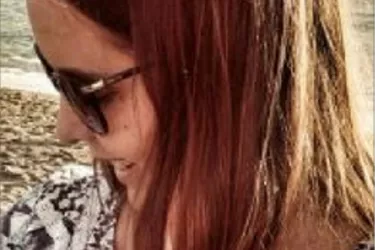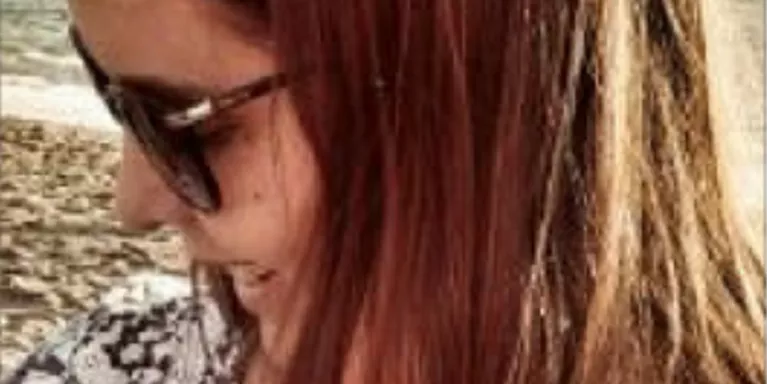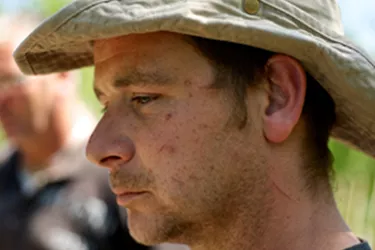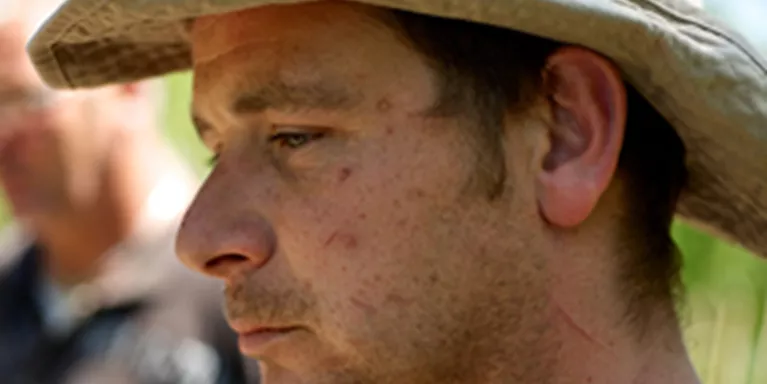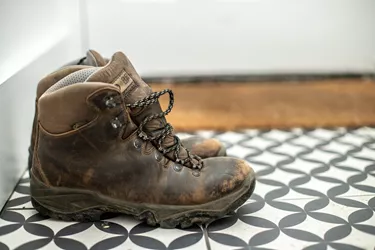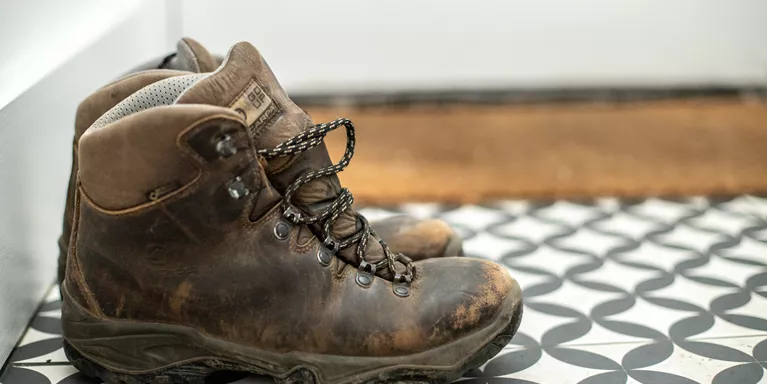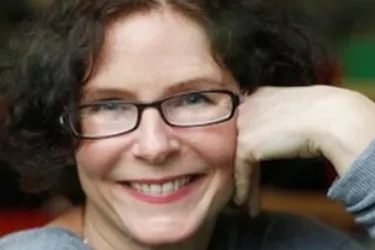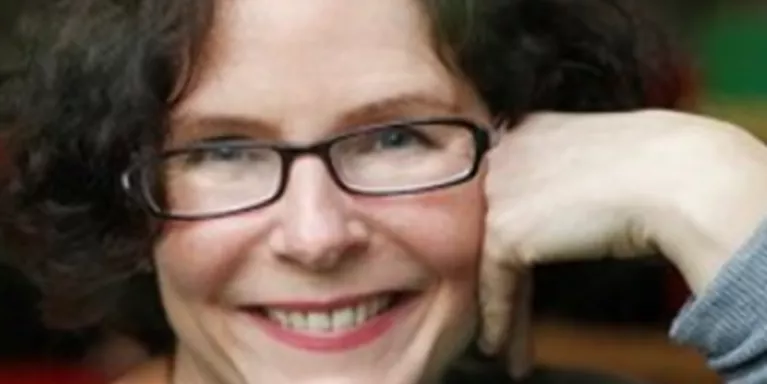How online community helped me
Rhiannon found positivity in online community during her recovery from depression and PTSD, but she also has a few words of wisdom to share in this blog.
Rhiannon is passionate about her family, mental health awareness, writing and teaching.
The internet, and social media specifically, has been heavily influential during my eighteen month journey through a major depressive episode and PTSD. Overall, their influence has been very positive; but I have experienced some pitfalls too.
"I was struggling to connect and communicate with anyone on any level."
At the start of my sudden and unexpected nosedive into deep depression, I initially disappeared from all social media. I was struggling to connect and communicate with anyone on any level, whether face-to-face or online, so using it didn’t enter my mind. The fact that I found the brightness of my phone screen hard to tolerate, only added to the unlikelihood of me getting in touch with anyone. Now that I have recovered, this has made me question whether social media platforms could remind us when people haven’t posted for a while so we can check in on them. I live abroad so social media is key in my communication with friends; yet many didn’t realise I was sick for months.
As I began to surface, and needed to understand what was happening to me, websites such as Mind, SANE, and The Mighty gave me the answers I was desperate for. I researched topics that came up in therapy and read others’ articles about their experiences. I began to feel understood, less alone and more informed. These sites also gave me a platform to share my own experiences. Writing and sharing really helped me to process what I was going through; and receiving other people’s support and feedback was hugely beneficial to me as well.
"Writing and sharing really helped me to process what I was going through."
During recovery, I set up a social media account specifically to advocate mental health awareness. Choosing the name itreallyisok, I wanted to build on the quote I had seen over and over again on line that had brought me so much comfort: It’s ok to not be ok. It took me a long time to accept this but doing so really helped my recovery. Setting up this account was a big step for me. I felt vulnerable to start with; yet the urge to give back and to support others through similar experiences to mine, was enough to help me overcome that.
It has had huge impact in my life and for my recovery. I share my thoughts and ideas through images, quotes, articles and poetry; and I’ve discovered a helpful and incredibly supportive community that I learn from every day. Creating posts has been so helpful to me. It’s been fantastic to feel that I can give something positive back as a result of what I have been through; and so heart-warming to know when my post has touched a chord with someone. I also learn daily from the people I follow. Their insights often give me a new perspective and frequently give me a boost when I need it. I now feel like I have a community of friends around the world who I can relate to – that’s a far cry from the loneliness I felt when I first became depressed and believed nobody could possibly understand me.
"It was a decision that turned out to be life-changing."
The highlight of my social media experience, however, was coming into contact with someone on the other side of the world who supported me through a three week crisis. During a particularly difficult stage of my recovery, my therapist suddenly went off sick. I was struggling to talk to anyone close to me at the time and simply couldn’t cope with her absence. Hesitantly, I got in touch with a psychotherapist who had regularly shared posts that I connected with. I wouldn’t normally recommend reaching out to a stranger in situations like that but, for me, it was a decision that turned out to be life-changing. This stranger helped me so much and her response when I asked her why, blew me away. It was The Starfish Story. It explains how one person’s selflessness, support and kindness transformed my own perspective on helping others. Through her I learnt that we might not be able to change the world but we can change the world of one person at a time. That lesson has had a profound effect on me and has helped me through my own recovery.
All this positivity does come with some important reminders that I have learnt along the way:
- Take regular breaks from social media, especially if you feel it’s bringing you down.
- Don’t be afraid to ‘unfollow’ those who you feel aren’t have a positive effect on you.
- Follow a broad range of people, especially if mental health is an area of interest to you. Follow therapists, and those with other areas of interest, as well as fellow mental health warriors to ensure your posts are balanced.
- Avoid becoming obsessed with the number of followers and likes you have. It’s such an easy trap to fall into – whenever I find that’s happening to me, I remind myself of The Starfish Story. Making a difference to just one person really does count.
- When researching mental illnesses, choose recognised websites such as Mind and SANE to ensure that the information you read is accurate.
- If your gut tells you that your research or time on the Internet is having a negative impact on you, listen to it and switch off! Lift your eyes up and away from that screen; go for that walk and breathe some fresh air. It’s a valuable source of so much but, as with everything else, its use needs to be balanced.
As you can see, the Internet and social media have been hugely beneficial in helping me feel less alone, more understood and connected with others throughout a difficult journey. Despite many of the warnings, I can highly recommend it as a way to keep in touch with those you can relate to. As with anything though, connect with caution.


Information and support
When you’re living with a mental health problem, or supporting someone who is, having access to the right information - about a condition, treatment options, or practical issues - is vital. Visit our information pages to find out more.
Share your story with others
Blogs and stories can show that people with mental health problems are cared about, understood and listened to. We can use it to challenge the status quo and change attitudes.










